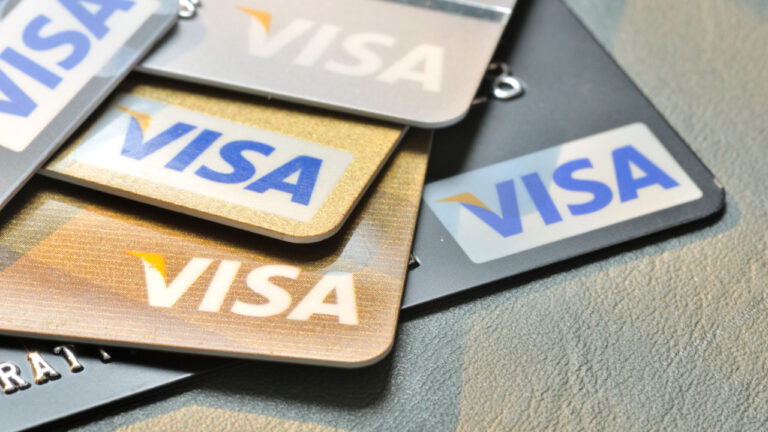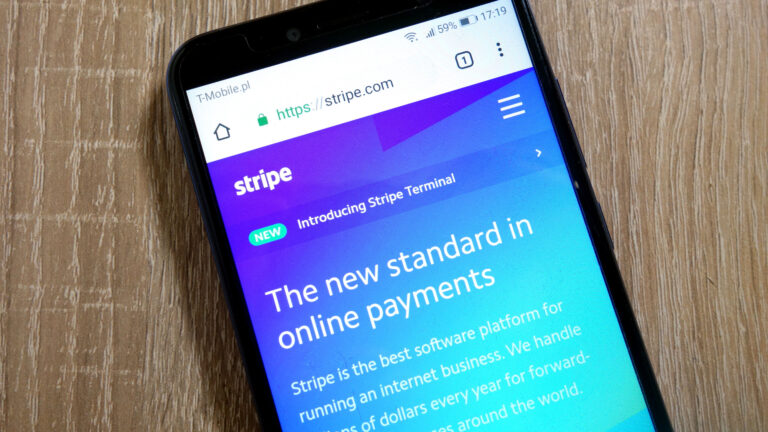The Four Most Common Dispute Management Services

Chargebacks are a major threat for merchants online and in the real world as well. In fact, it’s estimated that they cost retailers more than $30 billion per year. Fortunately, companies can use a variety of tools, including dispute management services, to reduce risks.
Being proactive is vital. In some cases, merchants hit with a lot of chargebacks may find that payment processors won’t work with them, or that they’re charged more expensive fees. Ultimately, this could undermine a company’s financial position and might even push some into insolvency.
If you’re not familiar with chargeback and dispute protection services, building the right toolkit for fighting them is difficult. That’s why we’re going to explain the different services, how they work, and how companies could benefit from using them.
The Four Most Common Dispute Protection Services Explained
Dispute management is not unlike a bag of golf clubs, where you’ll need different woods and wedges for specific parts of the fairway. Each management service has a particular application and building the right “bag” depends on knowing which circumstances each service is needed for.
We can break the most common dispute protection services into four distinct types. None of them provide complete protection. Keep in mind that some dispute management providers offer multiple services.
The four most common protection services include:
- Chargeback guarantees
- Dispute deflection services
- Dispute alerts
- Revenue recovery platforms
While none of these programs singularly provides complete protection, they are each useful for mitigating risks. If you’re building an effective dispute management program, you should closely consider the above offerings.
Which dispute protection programs are right for you? Let’s take a look at them individually, so you’re in a better position to decide.
1. Chargeback Guarantees
Chargeback guarantees function sort of like insurance and if you suffer a chargeback, the guarantor may compensate you. The payment processors and fraud prevention companies that provide these guarantees typically take proactive steps to reduce the risk of certain chargebacks. These companies often limit the types of chargebacks covered (as defined by reason codes) and may only provide compensation for disputes that their solution strives to mitigate.
By using a variety of resources, including machine learning, multi-source data, risk scoring, and other tactics, a chargeback guarantor can vet and verify transactions before money and products exchange hands. If something is amiss, the underwriter may pause the payment and alert the merchant.
If the guarantor approves payment and then the customer files a chargeback, you may be eligible for compensation. It’s important to read the fine print, however, as there may be requirements. The policy provider may require merchants to take specific steps, such as obtaining a signed delivery receipt.
Further, payment processors and fraud prevention companies don’t provide their services for free. You’ll typically have to pay a fee per transaction or may have to use a payment portal that charges higher processing fees.
You’ll want to closely consider the costs of chargeback guarantee programs. You may spend more on the program than you saved in chargebacks. As such, it might be better to simply eat the chargebacks.
Further, by using other tools, you can prevent and win disputes, potentially reducing the need for guarantees.
2. Dispute Deflection Services
Want to combat chargebacks in real-time? Consider dispute deflection services. These services allow issuing banks to access a company’s transaction stream to obtain information should a dispute arise. This way, banks are in a better position to decide whether to allow a client’s chargeback to proceed. Sometimes, banks will decline a chargeback upon reviewing the information provided.
Mastercard offers a dispute deflection service through Ethoca called Consumer Clarity. Visa, meanwhile, provides a similar deflection platform through Verifi called Order Insight. In both cases, an issuing bank can look up orders and transaction information should a client file for a chargeback.
Why is this important? Often, disputes aren’t the result of any mix-up on the merchant’s part. Sometimes even the cardholder doesn’t have any ill intent, they simply forgot about a purchase or misunderstood a charge. With a deflection service, banks may quickly find information pertaining to the order, and if it’s a simple miscommunication, they can clarify the situation with their clients before the chargeback proceeds.
Unfortunately, some customers will file a malicious chargeback, engaging in so-called friendly fraud. With friendly fraud, a consumer received the ordered product but doesn’t want to pay for it. So, they file a chargeback, hoping that their bank will reverse the payment. This way, the unscrupulous customer can net a free good or service.
With a dispute deflection service, some card-issuing banks will identify would-be friendly fraudsters and may decline their request. A bank might find a signed delivery receipt via the merchant’s CRM proving that they received the order, for example.
3. Dispute Alert Services
Next up are chargeback dispute alerts. As with the deflection, Verifi and Ethoca are the main providers of this service. They pull dispute notifications from their issuer networks and alert the merchant of an impending chargeback. Alert services give the merchant a heads up, with which they can refund a transaction before it escalates into a chargeback.
If merchant error caused the dispute, or if you processed a fraudulent payment card, your best bet typically is to refund the customer. Ultimately, retailers must own their mistakes, and doing so could improve your reputation and reduce unsatisfied customers. Additionally, if merchant error or true fraud is the root cause, the issuing bank reviewing the matter will almost always side against you.
Sometimes, you may want to issue a refund even if you don’t believe you’re at fault. Winning a dispute is difficult, and besides losing revenue, you will also get hit with penalty fees. If your chargeback ratio gets too high, meaning you suffer a lot of chargebacks, these fees may increase. And some payment processors might decline to work with you.
Given the outcome, if you’re alerted to an upcoming dispute, you may simply want to issue a refund. Doing so will protect you from fees and other issues.
4. Revenue Recovery Platforms
Finally, the last solution is revenue recovery, or representment platforms. This system will help you gather information and also track approaching deadlines and other need-to-know details.
If you want to win a chargeback dispute, you’ll have to craft an argument backed up by data. This includes transaction and fulfillment info. A representment platform can pull transaction data, including product details, the purchaser IP, authorization data, and even device IDs from a payment gateway.
You could also gather and organize fulfillment data, including delivery confirmations, customer logins, communication and messages, and more. With this info, you may be able to prove that the purchase was legitimate, and that you fulfilled the order. Do this and you will greatly improve the odds of winning a dispute.
Designing the Dispute Toolkit That’s Right For Your Business
As you can see, when fighting chargebacks, you’ve got options. Assembling the right tool kit is vital and there are no single-size-fits-all answers. What works for one merchant may not work for another.
When considering tools, it’s smart to sit down and examine the potential ROI, what your biggest threats are, and which solutions will work best with your team and workflow. Often, you’ll want to use a few different dispute protection services to increase coverage and reduce risks.








